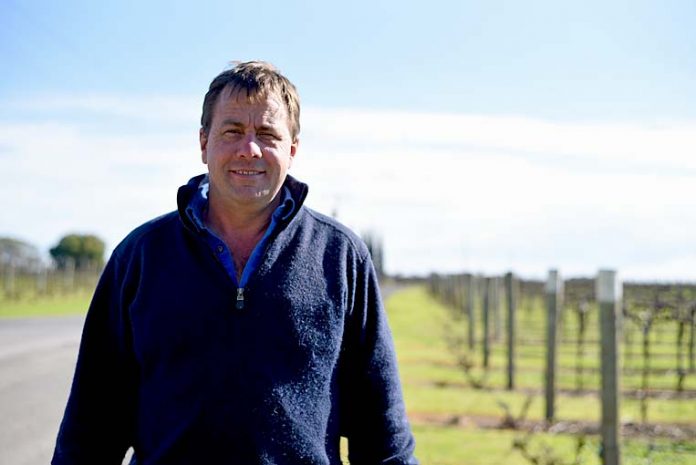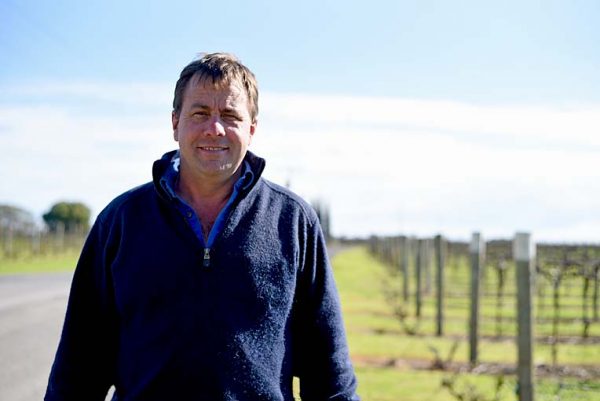

THE ECONOMIC impact of pest animals on South Australia could be as high as $797m according to Member for MacKillop Nick McBride.
The state’s Natural Resources Committee – of which Mr McBride is a member – has recommended the state’s Environment Minister be given power to approve culling programs for overabundant native “pest” species, such as western grey kangaroos, little corellas, long-nosed fur seals and koalas.
Control measures for kangaroo and corella populations have been particular hot topics in the Limestone Coast, with a government-backed trial currently under way for commercial kangaroo harvesting in the South East.
In a speech to parliament, Mr McBride highlighted the need to take action to establish and develop markets for abundant species to limit the impacts being felt across the agricultural sector.
“The community want action on this issue,” Mr McBride said.
“I am hopeful the recommendations and the recent engagement process undertaken can yield some viable solutions to address the over abundant populations we are seeing across the region and state.”
According to Mr McBride, Biosecurity South Australia has invested $15.7m into pest management programs over the
past two years.
The bulk of this was collected from the Natural Resource Management levy, with $4.4m of federal funding and $1m of industry funding.
While welcoming the investment, Penola’s Peter Balnaves said it was not clear where the money was being allocated.
However, he backed the committee recommendation to empower the environment minister to declare a species overabundant, believing it would help manage pest populations.
“If the species go unchecked then there is concern the situation will create further problems,” Mr Balnaves said.
Mr Balnaves said kangaroo mobs caused havoc on the roads and were more of a nuisance in vineyards as opposed to a threat to fruit.
The senior wine figurehead said other pests in the region had the potential to cause havoc, including waterbirds.
“If they travel down from Keith National Park they do tend to feast on the fruit here at the vineyards,” he said.
“That could cause issues however it can be managed by scarecrows or other means.”
Supporting the parliamentary inquiry, Mr Balnaves said pest control was an issue to be dealt with over a “multitude” of industries, not just wineries.
“I would hope that moving forward they adopt the recommendations that have come out of this inquiry,” Mr Balnaves said.
“Whoever ends up dealing with that whether it be government or private people, so long as they can deal with the issue in an appropriate manner.”







